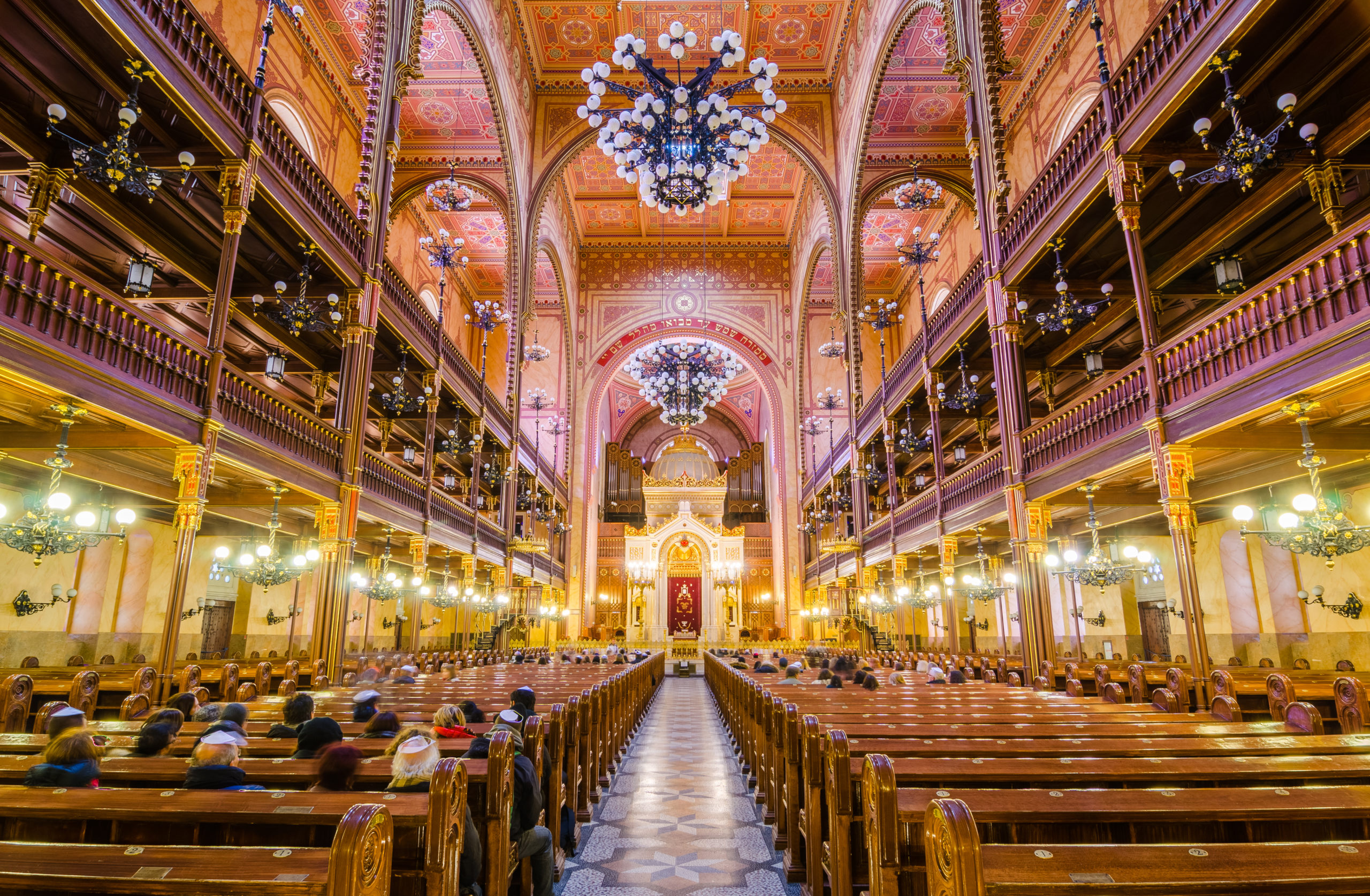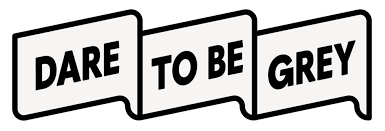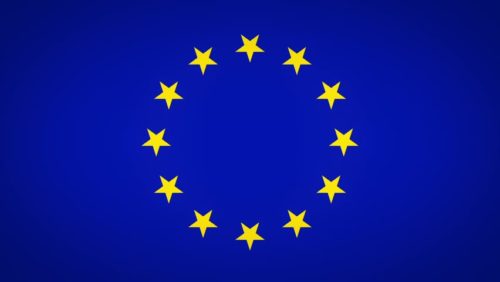Dare to be Grey
Dare to be Grey was founded at the beginning of 2016 by a group of students from Utrecht University, who wanted to see more nuance in the heated debates concerning the European refugee crisis. The original campaign was met with critical acclaim and a collective sigh of relief amongst the initial audiences. Within a couple of months, Dare to be Grey was mentioned by several Dutch news outlets, won an international competition in Washington D.C., and was proclaimed the Dutch ‘Embassy of Tolerance 2016’.
Polarisation, a process of increasing “us-versus-them thinking”, is a complex problem. If we don’t do anything about it, it can lead to a downward spiral of division and alienation. At Dare to be Grey, we work towards the prevention of this in society.
Our mission is twofold:
- Creating awareness about the dynamics and pitfalls of polarisation.
- Providing positive alternatives where they are needed.
These two elements reinforce each other: the more we know about polarisation, the stronger our alternative narrative is.
At Dare to be Grey we are always looking to do justice to both elements in all our activities.
Dare to be Grey, as part of the European Observatory of Online Hate, will be observing, analysing and exploring solutions to online hate for the foreseeable future. To set us up properly, we asked our network of experts to share their definitions of what online hate, and hate speech, is.
“Hate speech destroys our societies. It is arguably one of the most dangerous challenges facing humanity in the 21st century. Antisemitism, Holocaust denial, anti-Roma and anti-Asian hate, Islamophobia, homophobia, and many other forms of evil proliferate online through countless outlets, including the main global social media platforms. Unfortunately, if hate speech goes unchecked, it results in a climate of fear and intimidation as well as physical attacks. Everybody must act to stop it. “Rafal Pankowski



 NOA is co-funded by the Rights, Equality and Citizenship Programme (2014-2020) of the European Union
NOA is co-funded by the Rights, Equality and Citizenship Programme (2014-2020) of the European Union